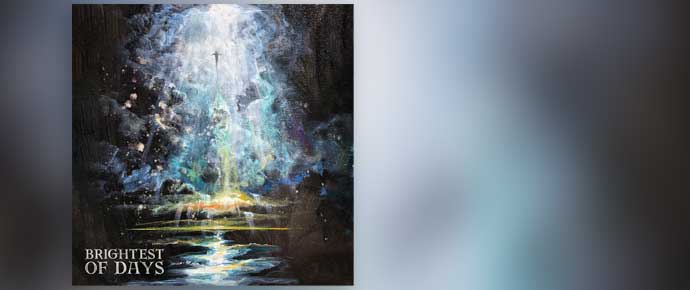It’s interesting how bluegrass music often becomes a destination rather than a point of origin. Interesting, but hardly surprising, given the fact that its populist precepts find common ground with so many bands that were weaned on the likes of the Grateful Dead, Phish, and other outfits that bend boundaries while sharing instrumental acumen. One need only look to Leftover Salmon, Greensky Bluegrass, Trampled By Turtles, Steep Canyon Rangers, and other groups that have attracted a sizable following while creating a sound rooted in the basics of bluegrass, and yet with appeal to an energized and enthusiastic young audience.
Sicard Hollow evolved in much the same way, and the four members readily admit that none of them — singer, guitarist Alex King; singer, mandolin player Will Herrin; fiddler, harmony vocalist Matthew Rennick; and bassist, harmony vocalist Parrish Gabriel — initiated a musical journey that began with bluegrass. These days, they owe their influences to the Dead and New Grass Revival, but before they coalesced in 2018, they were latent rockers in search of further inspiration.
Consequently, their sophomore set, Brightest of Days, comes across as an articulate, expressive, and thoroughly engrossing set of songs, one that shows allegiance to the basics of bluegrass while taking their musical intents several steps further. For example, the song Metamorphic Prophecy lives up to the celestial trappings its name implies, courtesy of an adventurous approach that pushes at the parameters. The title track further affirms that earnest, engaging sound, while also honing in on a musical mantra flush with absolute optimism. It does so by infusing hope with happenstance, making it all he more meaningful.
The songs that follow ring with a drive and dynamic that reflects that infectious attitude. Songs such as Where I’m At, This I Know, and Face the Wreckage all convey a confidence and clarity that ring and resonate throughout. Bound To Die, a song with a title that might otherwise seem somewhat dire, maintains a soaring delivery that keeps the consistency intact.
The arrangements underscore that infectious attitude. Herrin and Resnick are generally found at the fore, while King and Gabriel provide the pace. Yet it’s that uplifting attitude that leaves the most lingering impression. “You can’t change the weather, but you can dance in the rain,” they suggest on the album’s searing send-off, Forecast of Life. Thanks to that upbeat outlook, Brightest of Days is flush with irresistible appeal.
